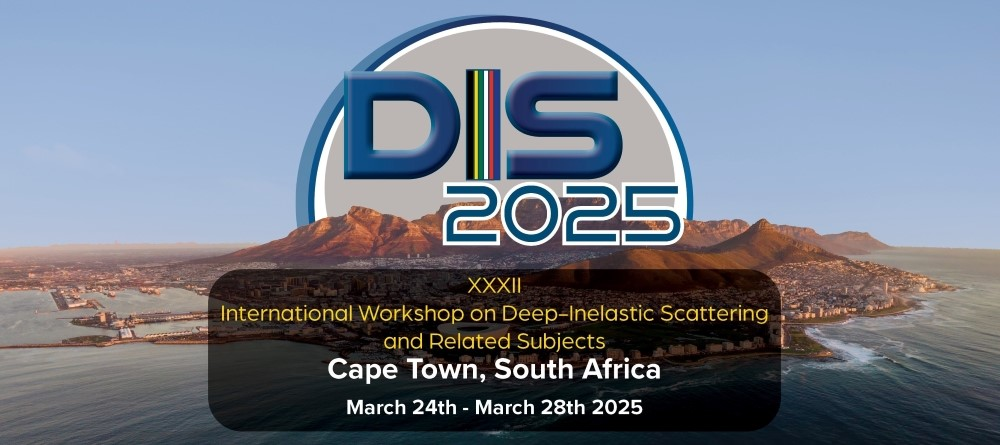Speaker
Description
The LHC generates a beam of high-energy neutrinos in the forward direction, whose scientific potential has been ignored in the past. The FASERv and SND@LHC experiments have recently measured signals from these LHC neutrinos for the first time. To produce accurate predictions including NLO QCD corrections for FASER$\nu$ and SND@LHC and the planned experiments at the proposed Forward Physics Facility (FPF) such as FASER$\nu$2 and FLArE, the energy and rapidity distribution of the LHC neutrinos can be encoded in a LHAPDF grid and be used in the neutrino DIS event generator implemented in the POWHEG-BOX-RES framework, that has recently become available. Such a Monte Carlo tool, interfaced with the Pythia8 parton shower, is essential to model differential distributions that are sensitive to hadronic final states and to account for realistic acceptance cuts. Furthermore, this event generator can be modified to compute fast-interpolation tables, that are a crucial ingredient to perform fits of the neutrino flux: The problem of determining the neutrino flux is formally equivalent to the determination of parton distribution functions. Therefore, the NNPDF fitting methodology can be adapted to parametrise the neutrino flux by a neural network and extract the flux from measurements in a theory-agnostic manner.
